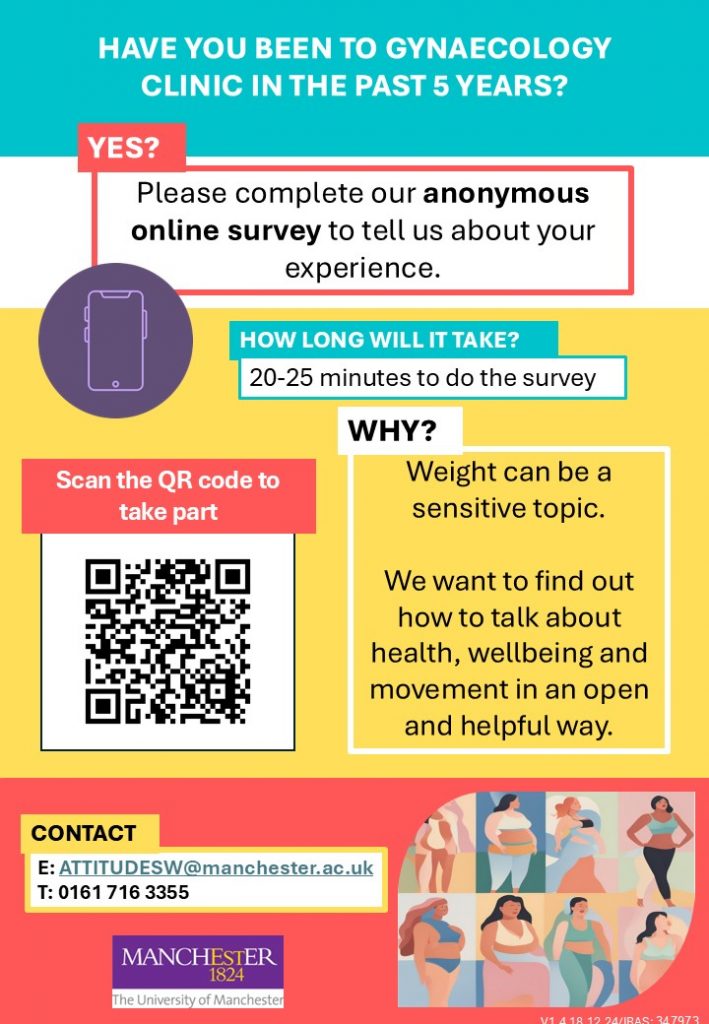At Danes Camp Research and Training Academy, we are proud to be an active part of the national research community. Our team is committed to carrying out high-quality clinical research that supports innovation, improves patient care, and shapes the future of healthcare. By taking part in research with us, patients and members of the public have the opportunity to contribute directly to projects that can make a real difference, both locally and nationally.
We are currently recruiting participants across a range of studies. Whether the focus is on long-term conditions, new treatments, or ways to improve overall wellbeing, each study plays an important role in generating valuable evidence that benefits patients now and in the future.
Participation is always voluntary, and every study is carried out to the highest ethical and safety standards. We ensure that participants are fully informed, supported, and respected at every stage of the process.
If you would like to know more about our research or are interested in taking part, please contact us at: Aanish.shafique1@nhs.net
The study is testing whether an online support forum helps adults manage asthma more effectively. Participants will be randomly split into two groups, both groups will have a consultation with a nurse or pharmacist at their GP practice. The intervention group will get access to an online asthma forum, while the control group will receive standard care and gain forum access only after the 12-month study ends.
Health and well-being will be assessed at the start and at regular intervals. The two groups will be compared to see if forum participation improves asthma management and control.
If you have asthma, you may receive a text message with a link to a survey.
The Genes & Health study aims to improve understanding of how genes influence health by combining DNA sequencing and medical information from British-Pakistani and British-Bangladeshi communities.
The OPTIMISE-2 study is looking at how treatment for mild hypertension in older adults can be optimised to reduce the risk of side effects and improve effectiveness. This approach focuses on choosing the right medicines and doses for everyone, based on their overall health and risk factors.
The study will have group discussions with healthcare professionals to share your views and experiences. The information gathered will help guide how treatments for mild hypertension can be safely and effectively managed in everyday GP care.
This new research project seeks to gain insight into patient experiences within gynaecology clinics, with a particular focus on the communication and management of weight-related discussions in clinical settings.

It is testing an online group rehabilitation program designed to support both physical and mental health in long-term stroke survivors. This study aims to find out how effective the program is, how it works, and whether it is cost-effective.
You can take part by joining online group sessions and sharing your experiences. The information gathered will help guide future care for stroke survivors and improve rehabilitation options.
Take part and help shape better recovery support for stroke survivors!
The Multi-Ethnic Lifestyle Questionnaire Study is exploring how lifestyle behaviours such as diet, exercise, and daily habits can affect health now and in the future.
You can take part by completing a simple questionnaire about your lifestyle. The information collected will help researchers understand health across different communities and guide strategies to improve wellbeing for everyone.
Take part and help make a difference in community health!

The STARFISH study is looking at sudden hearing loss that happens for no clear reason. This type of hearing loss usually affects one ear and can range from mild to total deafness.
The study will test different ways of giving steroid treatment to find out which works best. You may be able to take part, see the poster for details:
This study looks at how the extra pressures on health services during winter affect GP surgeries and other primary care services. It also examines how some groups of patients may be affected more than others. The goal is to find practical ways to reduce these pressures so that everyone can get good, accessible care, even when demand is at its highest in winter.
The 5PACE study is looking at how genetic testing could be used in GP practices to help choose the safest and most effective medicines for patients. This type of testing shows how a person’s genes affect how they respond to different medicines.
We are taking part in this study by joining group discussions with healthcare professionals to share views and experiences. The information gathered will help guide how this type of testing could be used in everyday GP care to make treatments safer and more effective.